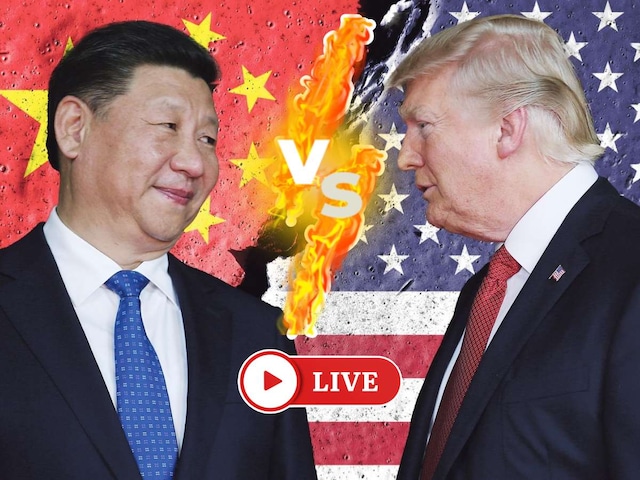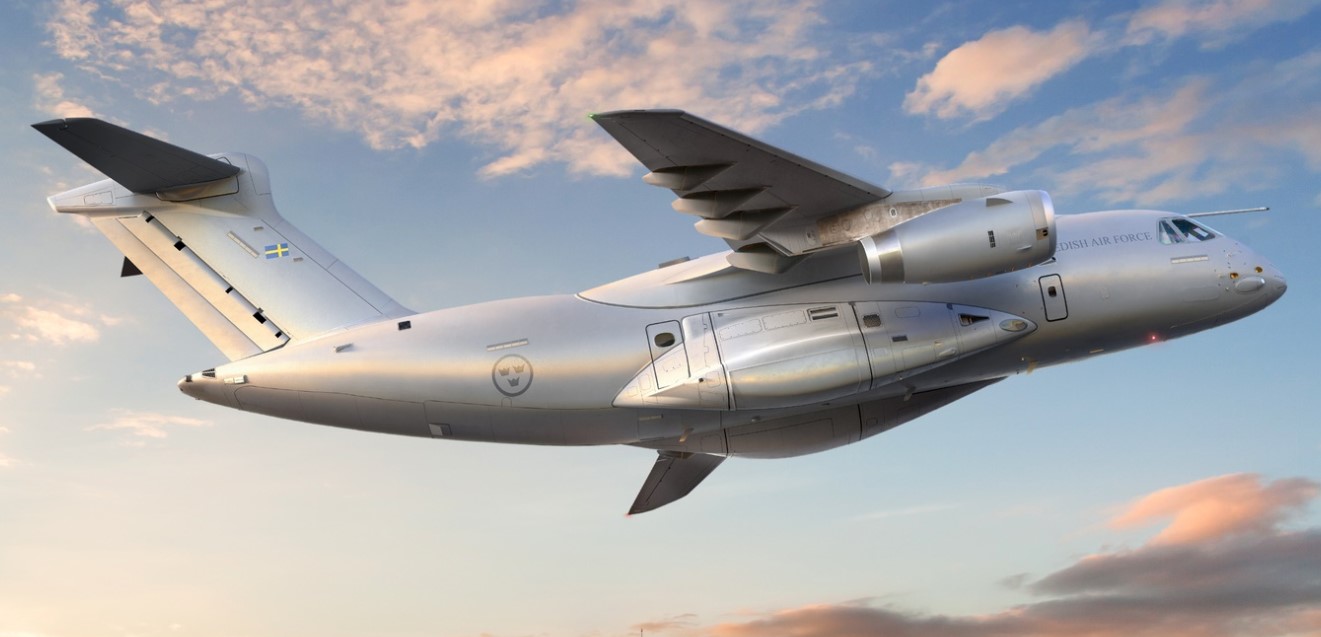Nissan has suspended all new U.S. orders for its Mexican-built Infiniti SUVs following the implementation of sweeping new U.S. auto tariffs, marking one of the first major manufacturer pullbacks triggered by President Donald Trump’s 25% levy on foreign-made cars and trucks.
In a statement Thursday, the Japanese automaker confirmed it will no longer accept U.S. orders for the Infiniti QX50 and QX55 SUVs, both produced at the COMPAS plant in Aguascalientes, Mexico — a joint venture with Mercedes-Benz. “Production will continue for other markets,” a Nissan spokesperson said, citing Canada and the Middle East, but no new U.S. orders will be taken for the two models.
The move underscores the immediate disruption caused by Trump’s tariffs, which went into effect at midnight Thursday. Nissan is particularly exposed, exporting more vehicles from Mexico to the U.S. than any other Japanese automaker.
At the same time, Nissan reversed plans to scale down production at its U.S. plant in Smyrna, Tennessee, saying it will maintain two production shifts for its Rogue SUV despite an earlier plan to cut one shift this month.
The automaker, already grappling with an aging lineup and limited hybrid offerings, has slashed profit forecasts three times in the past year and recently saw its credit rating fall to junk status. The new tariffs may further squeeze margins on its North American operations. “This is a significant blow to Nissan’s U.S. strategy and could have ripple effects across its North American supply chain,” said one industry analyst.
The COMPAS plant, which also produces the Mercedes-Benz GLB SUV, may face broader operational questions if the U.S. tariff regime persists.
Newly appointed Nissan CEO Ivan Espinosa, a Mexican national, has vowed to streamline vehicle development and restore profitability — but the U.S. tariff shock now adds a new layer of urgency.



